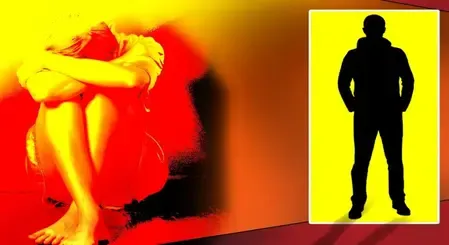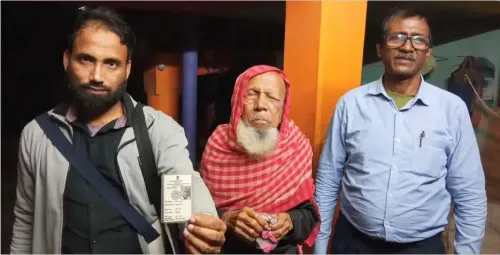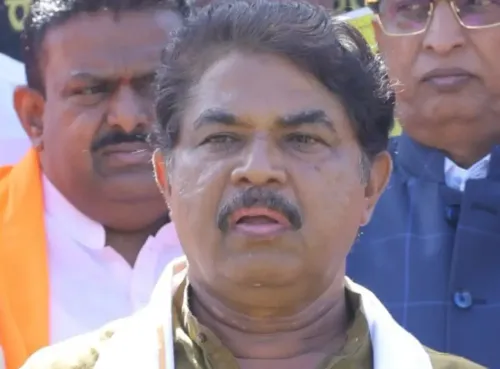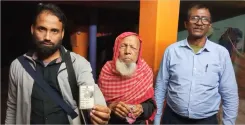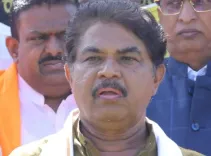What Led to the Lok Sabha Chaos Over Bills Removing Custodial Ministers?
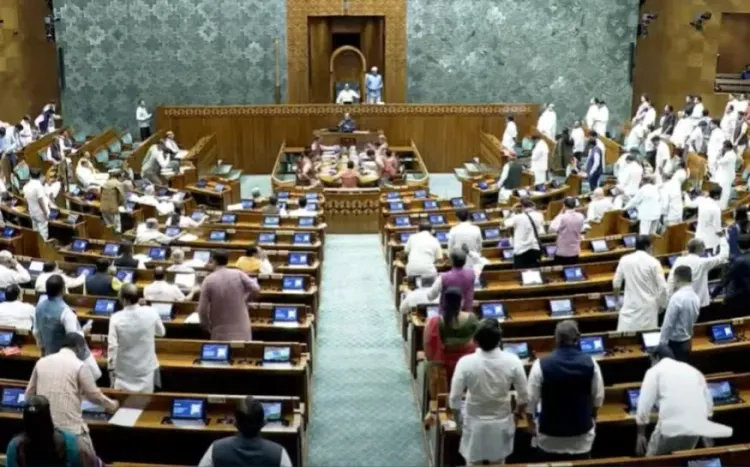
Synopsis
Key Takeaways
- Three significant bills were introduced in the Lok Sabha aimed at removing custodial ministers.
- The bills have sparked intense debate across party lines.
- Opposition voices express concerns about potential misuse and constitutional integrity.
- A Joint Parliamentary Committee will review the bills before final approval.
- The outcome could redefine accountability in Indian governance.
New Delhi, Aug 20 (NationPress) Union Home Minister Amit Shah presented three pivotal and controversial bills in the Lok Sabha on Wednesday, igniting a fierce debate and opposition from various political factions.
The proposed bills -- The Constitution (One Hundred and Thirtieth Amendment) Bill, 2025; The Government of Union Territories (Amendment) Bill, 2025; and The Jammu and Kashmir Reorganisation (Amendment) Bill, 2025 -- aim to create a legal framework for the dismissal of elected officials, including the Prime Minister, Chief Ministers, and Union Ministers, if they face arrest and detention for 30 consecutive days on serious criminal charges.
Amidst significant uproar, the House was adjourned until 3 p.m. Speaker Om Birla oversaw the proceedings as HM Shah proposed to send all three bills to a Joint Parliamentary Committee composed of 21 members from the Lok Sabha and 10 from the Rajya Sabha.
The committee is anticipated to present its report by the first week of the next session.
The bills propose amendments to Articles 75, 164, and 239AA of the Constitution, alongside revisions to the Government of Union Territories Act, 1963, and the Jammu and Kashmir Reorganisation Act, 2019.
They are designed to maintain constitutional integrity and public trust by mandating the automatic dismissal of ministers detained for serious offences with penalties of five years or more.
However, the introduction faced strong backlash. AIMIM MP Asaduddin Owaisi labeled the bills as “harmful to the fundamental framework of the Constitution,” contending that they jeopardize the principle of presumption of innocence and distort parliamentary democracy.
“This legislation empowers the investigating officer more than the Prime Minister,” he cautioned, highlighting the risk of political abuse and the degradation of constitutional protections.
Congress member Manish Tewari opposed the bills, claiming they breach the fundamental structure of the Constitution and pave the way for political misuse.
M.L. Premchandran from the Revolutionary Socialist Party questioned the urgency behind introducing such provocative legislation, while Congress member K.C. Venugopal expressed concerns regarding federal overreach and the potential impact on state autonomy.
In defense, Amit Shah characterized the bills as crucial reforms for ensuring accountability and integrity in public office.
He reaffirmed that members are entitled to oppose the bills during their introduction and guaranteed that the Joint Parliamentary Committee would thoroughly investigate all aspects before final approval.
Meanwhile, the exchanges between Opposition members, Speaker Birla, and Home Minister Shah were drowned out by the continued shouting of slogans and display of placards by other Opposition MPs.
The Speaker adjourned the House until 3 p.m. These bills have sparked a broader discussion on the balance between anti-corruption initiatives and constitutional safeguards, setting the stage for a politically charged examination in the upcoming weeks.


